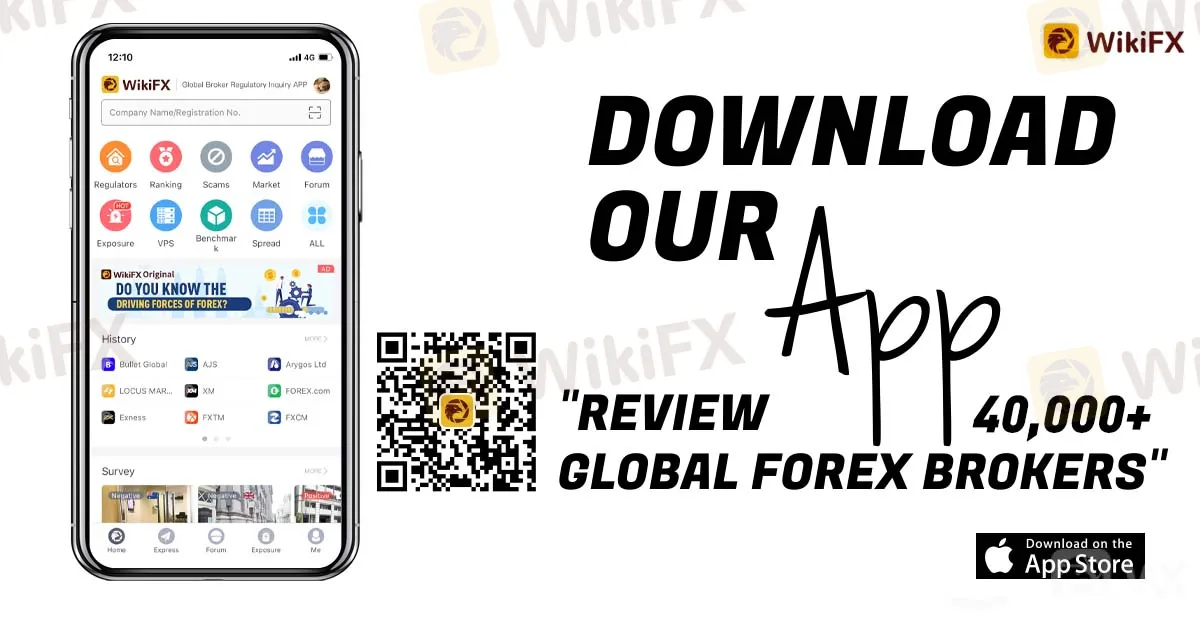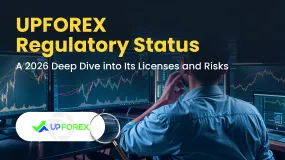Curb use of dollar Libor alternatives to Fed rate, says watchdog
Abstract:On Monday, a global securities watchdog highlighted the necessity for imposing limitations on the utilization of four dollar-denominated alternatives to the recently abolished Libor interest rate. The objective behind these restrictions is to safeguard financial stability rather than introducing a potential menace to the global financial landscape.

On Monday, a global securities watchdog highlighted the necessity for imposing limitations on the utilization of four dollar-denominated alternatives to the recently abolished Libor interest rate. The objective behind these restrictions is to safeguard financial stability rather than introducing a potential menace to the global financial landscape.
IOSCO, a global securities watchdog group that includes the U.S. Securities and Exchange Commission as a member, said a review has identified “varying degrees of vulnerability” in these four unnamed rates.
The final dollar-denominated London Interbank Offered Rate or Libor was published last Friday.
Once dubbed the most important number in the world, Libor has been withdrawn after banks were fined for trying to rig a rate referenced in credit cards, business loans and mortgages worth trillions of dollars globally.
Libor has largely been replaced by rates compiled by central banks, such as the dollar-denominated Secured Overnight Funding Rate, or SOFR, from the Federal Reserve.
Several so-called credit sensitive rates (CSRs) and term SOFR rates are being offered as alternatives to SOFR, which has no forward ‘terms’ or credit component, though volume in them has been low.
Regulators have previously warned that these alternatives could be vulnerable during periods of market stress, but Mondays statement goes further in suggesting curbs.
IOSCO said certain CSRs track bank commercial paper and certificates of deposit data which are not sufficiently deep, robust and reliable to underpin alternatives to Libor.
“Absent modification, their use may threaten market integrity and financial stability,” IOSCO said.
SOFR term rates also fell short of IOSCO standards given they rely on the continued existence of a deep and liquid derivatives market, IOSCO said.
“Administrators should consider licensing restrictions for use of CSRs and Term SOFR rates within certain products or by certain user groups,” IOSCO said.
Administrators should also consider improving the transparency of their rates, such as publishing input data, and not indicating in any way they are IOSCO-compliant, it added.
Market participants should “proceed with caution” if using CSRs, and contact their regulator before doing, IOSCO said.

Read more

VOLNEX Exposure: Withdrawal Denials, Fund Loss & Platform Glitches
Did you witness wrong price movements on the VOLNEX terminal, which led to your forex trading account being blown away? Did you face massive capital losses on the platform? Does the broker constantly deny your fund withdrawal applications? Do you feel like taking legal assistance to recover your funds? You may just have to go legal in light of these trading complaints that are on review platforms. We have shared some of these complaints while drafting this VOLNEX review guide. Read on as we share them out.

Modmount Review: Examining Allegations of Fund Withdrawals & Capital Scams
Did you find the Modmount withdrawal support team incompetent to handle your requests? Did your constant follow-ups with it only result in generic responses? Did the lack of a stop-loss arrangement make you lose all your capital? Have you witnessed the liquidation of forex positions due to the broker’s negligence? Many traders have reported these on broker review platforms such as WikiFX. This Modmount review article highlights some of the complaints against the broker. Keep reading!

UPFOREX Regulatory Status: A 2026 Deep Dive into Its Licenses and Risks
Before trusting any forex broker, checking if it's legitimate isn't just a good idea – it's the most important step to protect yourself. The excitement of financial markets can make people forget about safety, but a broker's regulatory status is the foundation that keeps traders safe. This article gives you a thorough, fact-based investigation into the UPFOREX Regulation status for 2026. Our research uses publicly available information, mainly from WikiFX (a global broker checking platform), to give you an objective and honest view.

Is UPFOREX a Real Company? Checking If This Trading Platform Can be Trusted
The question "Is UPFOREX legit?" isn't just something people ask casually - it's about finding safety and security. For anyone who trades online, the biggest fear is exposing capital to a fake company. You've probably heard about UPFOREX, looked at what it offers, and felt unsure about it. This feeling makes sense and shows you're smart. In this detailed investigation, we'll look past fancy marketing and personal opinions. We'll do a careful, fact-based study using public information about regulations to give you a clear answer. Our goal is to give you the facts you need to make a safe choice. To save your time and answer your main question right away, our conclusion is clear from the start: Our research shows that UPFOREX works without any proper financial rules for forex trading and shows many warning signs that are typical of risky, untrustworthy brokers. The evidence shows an unacceptably high level of risk for any trader thinking about using this platform.
WikiFX Broker
Latest News
$128M Crypto Scam: Chinese Suspect Nabbed in Thailand
Is AssetsFX Safe or Scam: Looking at Real User Feedback and Complaints
FIBOGroup Critical Withdrawal Scam Exposed
Institutional Players Pivot to Physical Gold: CMC Markets Eyes Singapore Expansion Amid Macro Uncertainty
Prop Trading Industry Pivots to Futures to Secure US Market Access
GODO Legitimacy Check: Addressing Fears - Is This a Fake Broker or a Legitimate Trading Partner?
Fintech Partnership Targets "False Positive" Crisis in Market Surveillance
The Trading Pit Launches Regulated Brokerage Unit 'TTP Markets' in Strategic Pivot
CME Group Moves to 24/7 Trading for Digital Asset Derivatives
Trump Defies Supreme Court with 15% Global Tariff; Record Retail Flows Buffer Market Impact
Rate Calc

